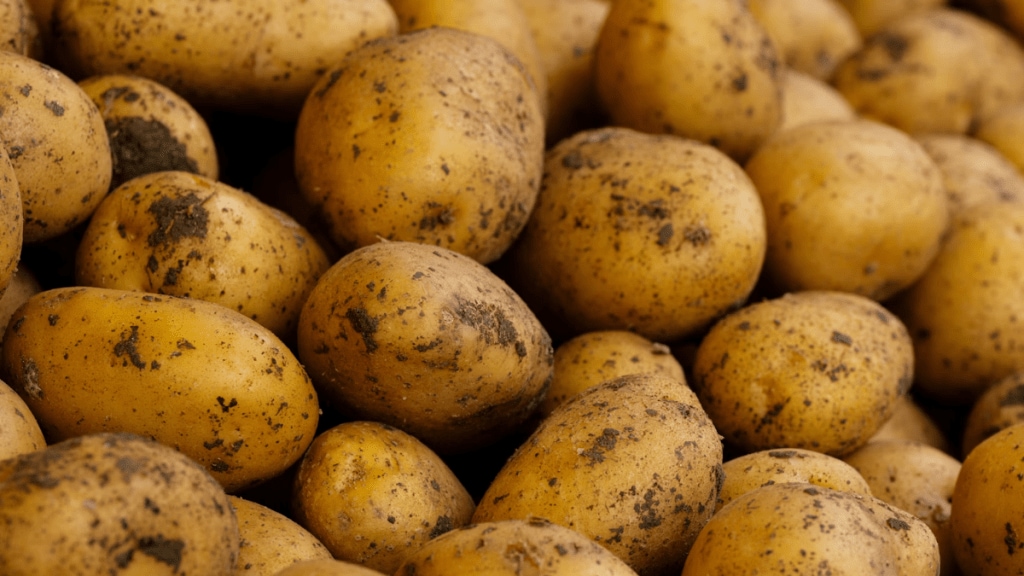India has emerged as a key snack supplier for the Southeast Asian market as processed potato exports have surged by 450 per cent, according to a report by Global Trade Research Initiative (GTRI). The report mentioned that exports of dehydrated potato granules and pellets surged to $63.3 million in FY2025, up from $11.4 million in FY2022, making them India’s fastest-growing processed food export category.
Other processed potato products, including flour, starch, chips, and ready-to-eat products, also witnessed growth, reaching $18.8 million over the same period from $6.2 million in FY2022. Potato flour alone saw an impressive 1,100 per cent increase.
“Nearly 80 per cent of shipments go to Malaysia, the Philippines, Indonesia, Japan, and Thailand, reflecting India’s integration into Southeast Asia’s snack and convenience-food supply chain,” Ajay Srivastav, founder of GTRI, said.
Malaysia is India’s largest buyer of dehydrated potato granules and pellets, importing goods worth $22.1 million. The Philippines and Indonesia fall next, and exports in these regions have surged to 600 per cent and 924 per cent, respectively. Japan and Thailand have also increased their purchase by more than triple. These countries, in total, account for nearly 80 per cent of India’s processed potato exports and have also secured BIS, ISO, and HACCP certifications after upgrading quality.
Srivastav attributed the growth of India’s processed potato sector to states like Gujarat and Uttar Pradesh, which have developed the necessary infrastructure. The expansion is supported by modern dehydration plants, contract farming arrangements, and cold-chain networks, all underpinned by India’s 56-million-tonne annual potato crop.
In Gujarat, Mehsana and Banaskantha districts have dehydration facilities with integrated cold storage systems, while new plants are coming up in Agra and Farrukhabad to further boost production capacity.
“Preferential tariffs under the India-ASEAN Trade in Goods Agreement and short shipping routes via ports such as Mundra, Kandla, and Chennai have further strengthened India’s price competitiveness,” he went on to say.
The surge in this sector is also fueled by global supply factors, as Europe is grappling with high energy costs and unpredictable harvests, and China is just focusing on meeting domestic demand. Amid this, India has emerged as a reliable, low-cost, year-round supplier for snack and QSR (quick-service restaurant) industries for the Southeast Asia market.

